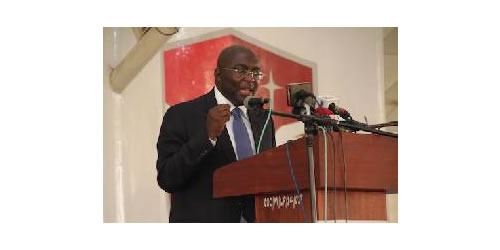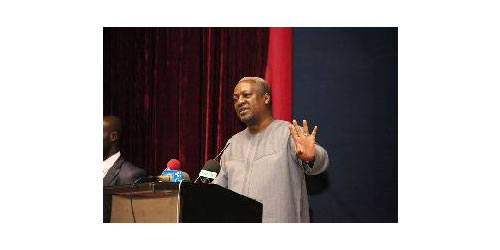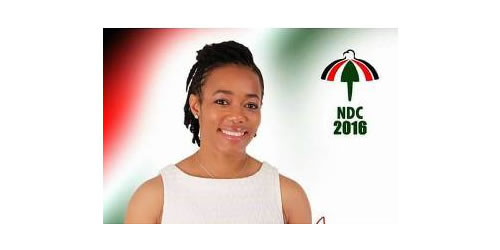‘Religious intolerance breeds extremism’

Dr Mahamudu Bawumia has said religious intolerance could breed radicalism, which, in turn, can birth political instability.
In a lecture titled: “Islam In The 21st Century: The Role of Muslim Youth in Combating Extremism and Radicalism for Political Stability” delivered at the 9th Annual Congress of the Ghana Muslim Students Association (GMSA) of the University of Development Studies (UDS) on Friday, Nana Akufo-Addo’s running mate said: “As young people we ought to guard against the evils of exclusivism. It is important that we realise that if Allah so desired, He would have made all of us one people. But as He states in the Qur’an, He allows us to wallow in our differences, which He shall settle on the Day of Judgment.
‘There shall be no compulsion in religion,’ so states the Qur’an. Let us, therefore, respect one another’s views on matters of religion. Intolerance in matters of religion is what breeds extremism and radicalism, which triggers political instability,” he said.
“In Ghana, especially, the majority of the people live by the Christian faith. There cannot be peace and stability in Ghana except us, as Muslims co-exist peacefully with our Christian brothers and sisters.
“What feeds extremism and radicalism is the idea that there is only one way to God. While we are entitled to believe in the rightness of our way, we cannot seek to annihilate views that are opposite to ours. Radicalism and extremism are the products of exclusivism and intolerance.”
“Islam itself is very tolerant of Christianity. The first wave of Muslim migration to escape the persecution of the Makkans, who opposed the nascent religion of Islam, was to Abyssinia [modern day Ethiopia]. At that time the Prophet advised his followers to migrate to Abyssinia because ‘a Christian King rules.’ Indeed the Qur’an affirms the Islamic affinity to Christianity when it states that “you will find nearest to the believers those who say ‘we are Christians…because amongst them are men who are devoted to learning and monks and because they are not arrogant” (Q: 5:82). The Prophet is also reported to have stated that “both in this world and in the hereafter, I am the nearest of all the people to Jesus, the son of Mary…” (Bukhari: Vol 4: 434),” Dr Bawumia stated.
He continued: “When the Makkans sent a delegation to appeal to the Negus of Abyssinia to extradite the Muslims and when the Muslims were called upon to say why they should not be extradited, their Spokesperson, Jafar bin Abu Talib, quoted copiously from the 19th chapter of the Qur’an as his defense. The 19th chapter of the Qur’an is called the chapter of Mary (Suratul Maryam). Indeed Mary is the only woman mentioned by name in the Qur’an and the chapter acknowledges the prophet-hood of Jesus, his special relationship with God, including the fact that he spoke from his cradle in defense of his mother when sections of her people thought that she had engaged in adultery; an incident that is not even mentioned in the Bible. The Prophet himself was to marry a Coptic Christian by name Maria and Allah subsequently made marriage between a Muslim man and a Christian woman lawful,” he added.
Using Nigeria as an example to make a point about how religious intolerance has bred terrorism and extremism, Dr Bawumai said: “In Ghana, unlike our neighbours in Nigeria, we have largely lived at peace with our Christian brothers and sisters. We have a National Chief Imam, who even opened the doors of our Central Mosque in Accra to Christians to renovate for us as a symbol of the co-existence that ought to be between us. The youth should emulate this example by the National Chief Imam who is an embodiment of both Qur’anic and Prophetic wisdom.”
Source: classfmonline.com





